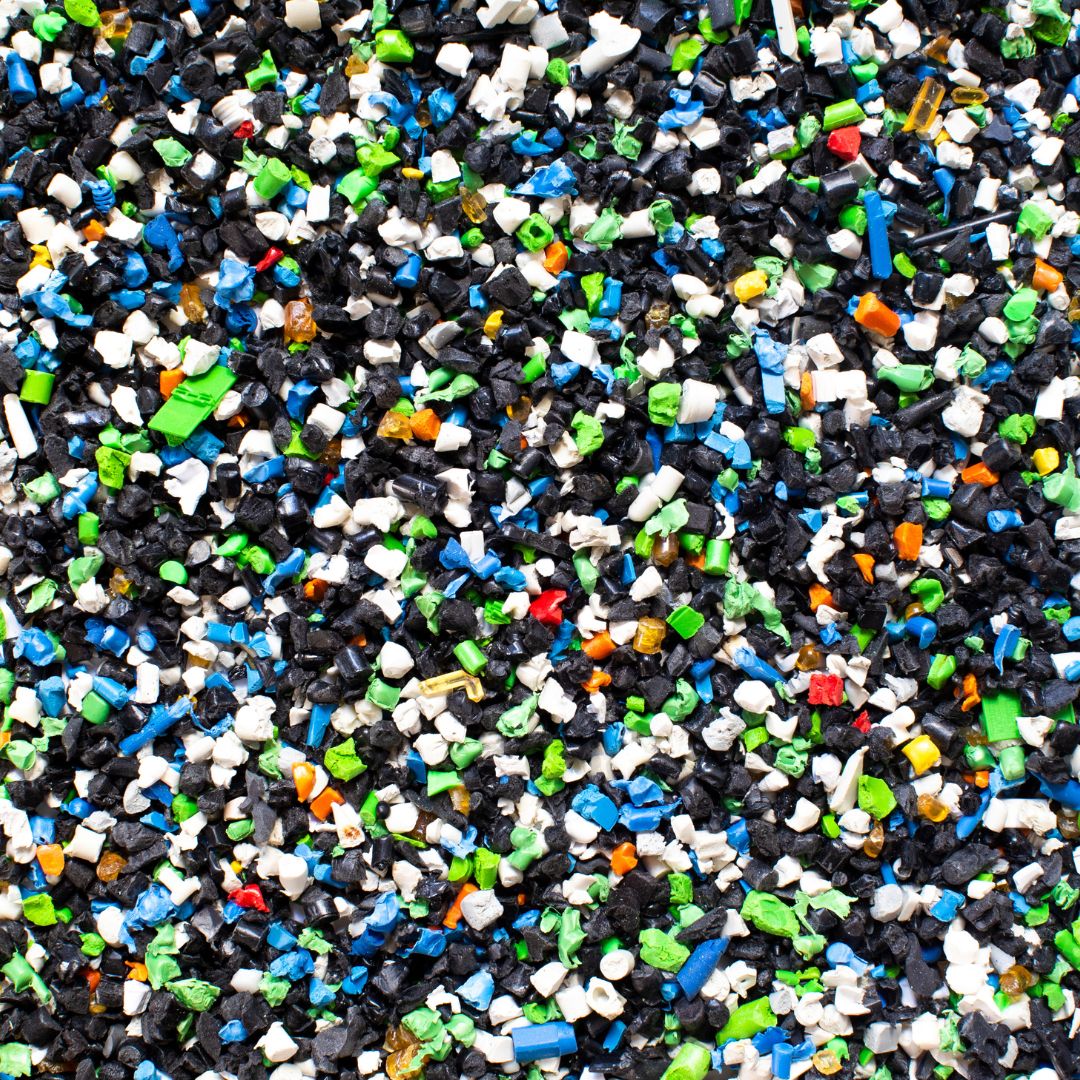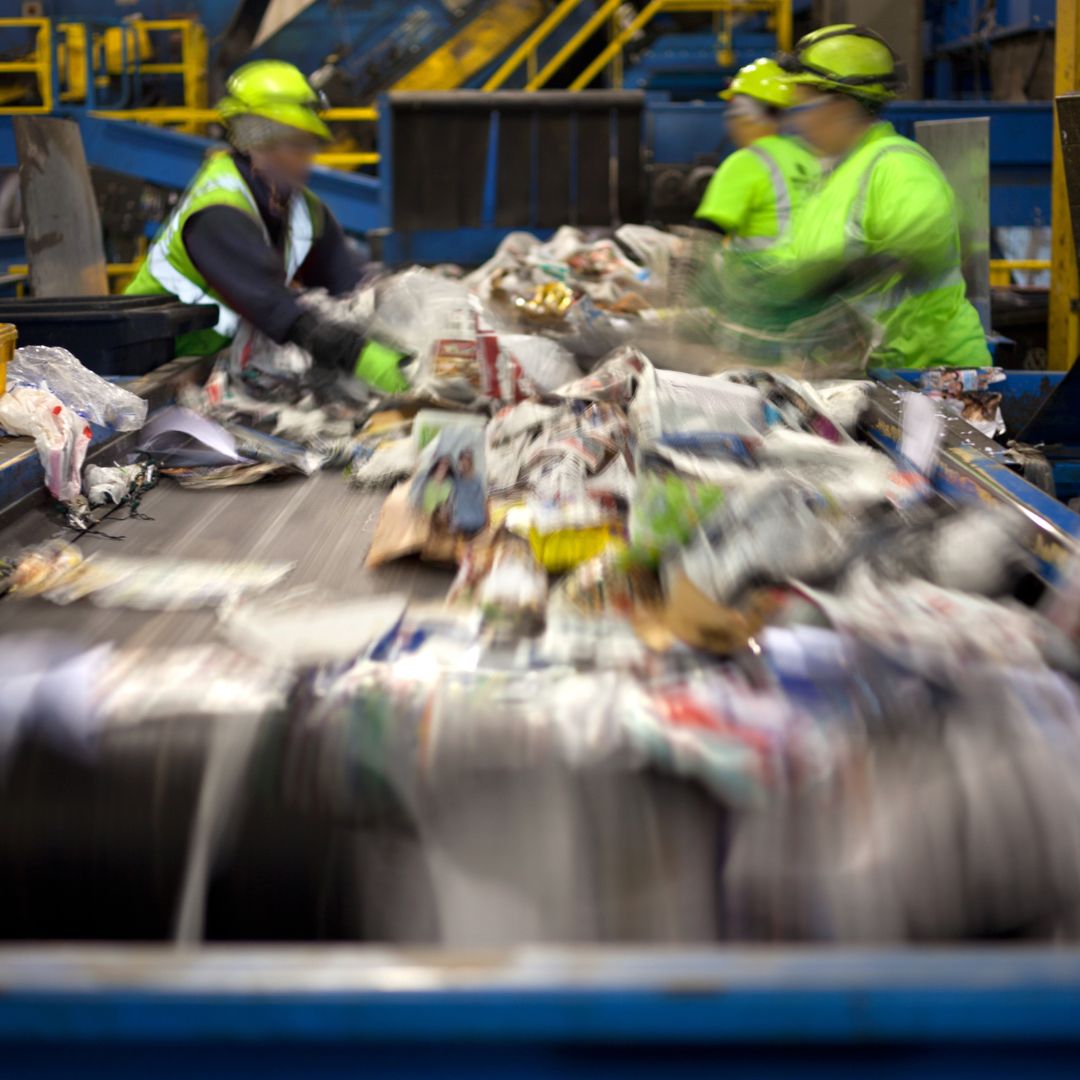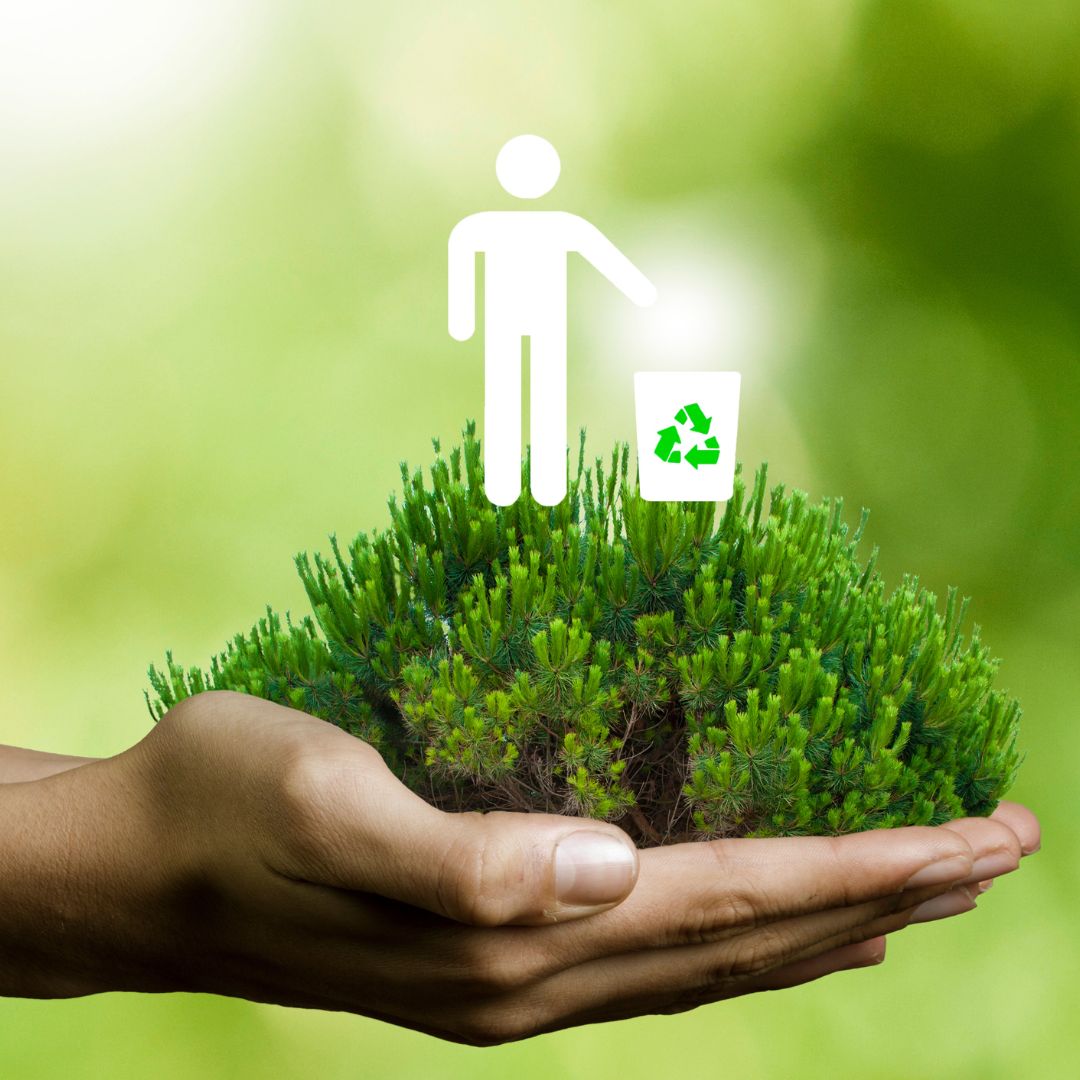The Value of Post-Industrial Recycled Plastic in Sustainable Product Packaging
The Value of Post-Industrial Recycled Plastic in Sustainable Product Packaging
In the quest for sustainable product packaging, post-industrial recycled plastic (PIRP) emerges as a formidable ally. As industries increasingly grapple with their environmental footprints, integrating PIRP into product packaging offers multifaceted advantages. This valuable resource reduces waste while providing manufacturers with versatile materials that meet modern packaging demands. Industrial Plastic Recycling Inc (IPR Corp) plays a pivotal role in this initiative by offering high-quality PIRP sourced from reliable recycling processes. By leveraging existing materials that would otherwise be discarded, businesses conserve natural resources and enhance their sustainability narratives.

A Solution to Post-Industrial Plastic Waste
Post-industrial plastic waste, generated during manufacturing processes, constitutes a significant portion of the total plastic waste stream. Companies can divert substantial quantities of PIRP from landfills by repurposing these materials. Utilizing PIRP minimizes waste and reinforces a circular economy where materials are continuously reused. This approach meets corporate sustainability goals and enhances brand image among eco-conscious consumers.

Enhancing Quality and Performance
When comparing post-consumer plastic recycling and post-industrial recycled plastic, it’s essential to highlight the quality and performance differences. PIRP tends to exhibit superior mechanical properties compared to post-consumer recycled plastic. The materials involved in post-industrial recycling are often cleaner and more uniform, resulting in robust packaging solutions that maintain structural integrity. As a result, manufacturers can deliver packaging that is not only eco-friendly but also capable of protecting the integrity of the products inside.

Cost-Effectiveness for Manufacturers
Integrating post-industrial recycled plastic into packaging supports sustainability and is a financially prudent choice for manufacturers. By sourcing recycled materials, companies can reduce dependency on virgin plastics, which have seen fluctuating prices due to market volatility. Using PIRP can lower production costs associated with raw materials, ultimately leading to more competitive product pricing. This economic incentive aligns profitability with environmental responsibility, enhancing overall business sustainability.

Meeting Consumer Demand for Sustainability
Today’s consumers are increasingly vigilant regarding the environmental practices of the brands they support. By using post-industrial recycled plastic in packaging, companies meet the growing demand for sustainable solutions. This proactive approach satisfies consumer expectations and facilitates compliance with various plastic-use regulations. Brands that actively adopt sustainable practices are more likely to cultivate loyalty among their customer base, establishing themselves as leaders in responsible manufacturing.
The value of post-industrial recycled plastic in sustainable product packaging cannot be overstated. By embracing PIRP, businesses can minimize waste, enhance product quality, reduce costs, and meet consumer demand for sustainable practices. As we navigate the challenges of plastic waste, collaborating with experts in the recycling industry, such as Industrial Plastic Recycling Inc (IPR Corp), is essential. Organizations can efficiently recycle materials to supply high-quality recycled plastics tailored for sustainable packaging solutions. Discover how IPR Corp can support your journey towards a greener future — reach out today for innovative recycling solutions.

